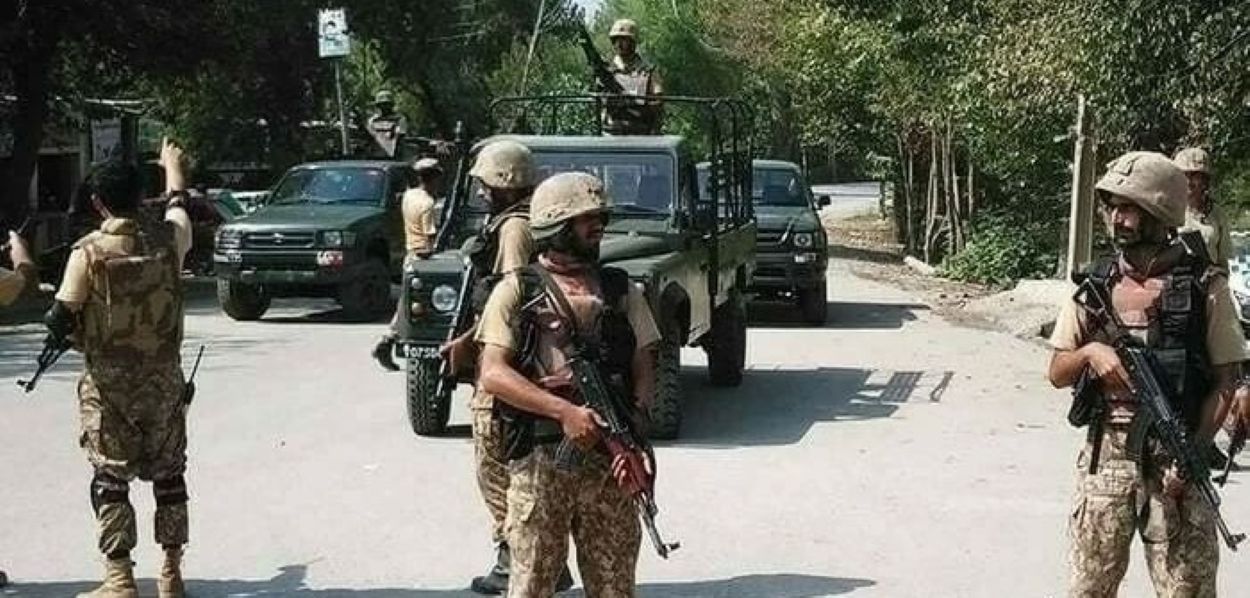On August 12, 2025, the Pakistan Army neutralised 50 terrorists from the Indian-sponsored Fitna al-Khawarij group in a four-day anti-infiltration operation in the Sambaza area of Zhob District, Balochistan, near the Pakistan-Afghanistan border, as reported by the Inter-Services Public Relations (ISPR). The operation, spanning August 7–11, culminated in a sanitisation effort on August 10–11, killing three additional militants and recovering weapons, ammunition, and explosives.
The campaign began on August 7–8, with security forces thwarting a major infiltration attempt, eliminating 33 terrorists. On August 8–9, 14 more were neutralised, followed by three on August 10–11 during a deliberate sanitisation operation. ISPR stated, “Security forces remain committed to securing the nation’s frontiers and thwarting attempts at sabotaging peace, stability, and progress of Pakistan.”
🚨#ISPR 50 Terrorists Eliminated
Following the successful engagements by the security forces in area of Sambaza, Zhob District, #Balochistan, from 7-9 August 2025, during which forty seven khwarij were sent to hell; on night 10/11 August 2025, a deliberate sanitisation… pic.twitter.com/vs5FkhNPDC
— Pakistan Armed Forces News 🇵🇰 (@PakistanFauj) August 12, 2025The operation reflects Pakistan’s intensified efforts against cross-border terrorism, particularly from groups like the Tehreek-e-Taliban Pakistan (TTP) and Balochistan Liberation Army (BLA), which the U.S. recently designated as terrorist organisations. Pakistan accuses India of backing these groups to destabilise the region, a claim reinforced by a UN Security Council report noting TTP-BLA coordination. Balochistan, hosting China-Pakistan Economic Corridor projects, remains a frequent target.
Read: Pak Army Eliminates 30 Terrorists at Pak-Afghan Border in North Waziristan
Prime Minister Shehbaz Sharif and Interior Minister Mohsin Naqvi praised the forces, with Sharif vowing to eradicate terrorism, stating, “The nation stands with our brave personnel.” The operation’s success disrupts militant networks, enhancing border security, though ongoing sanitisation efforts indicate persistent threats.






